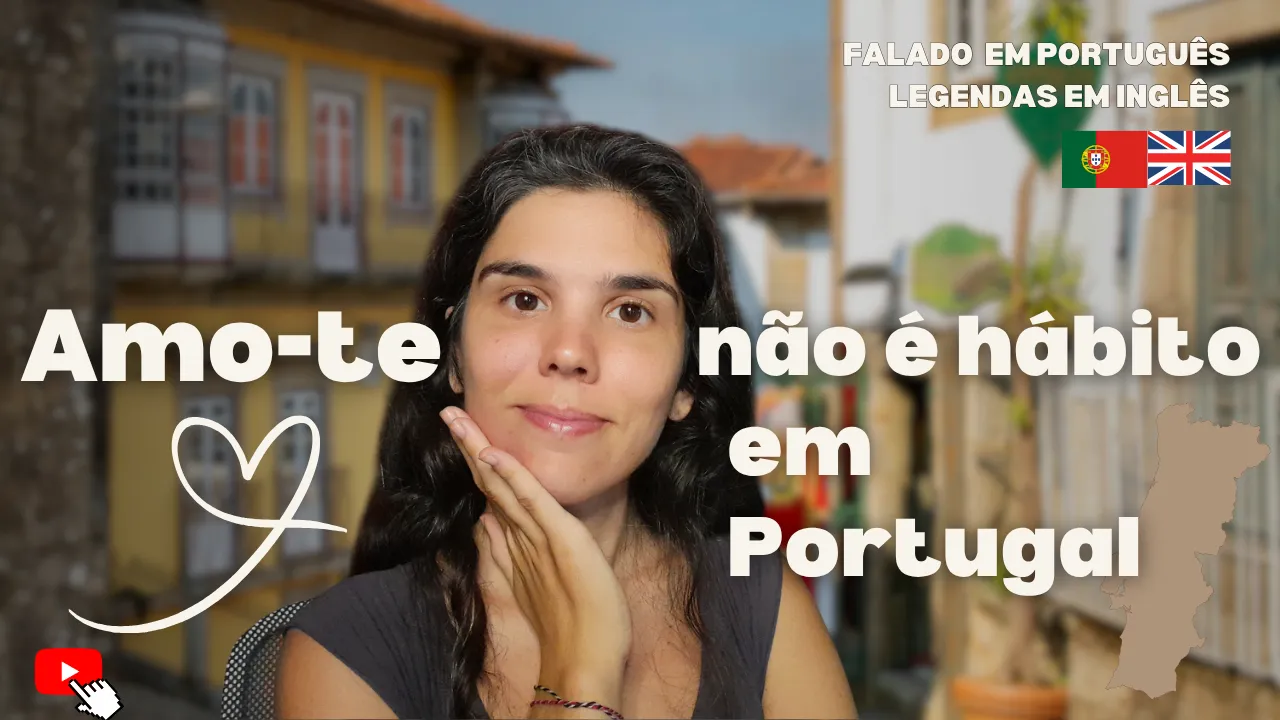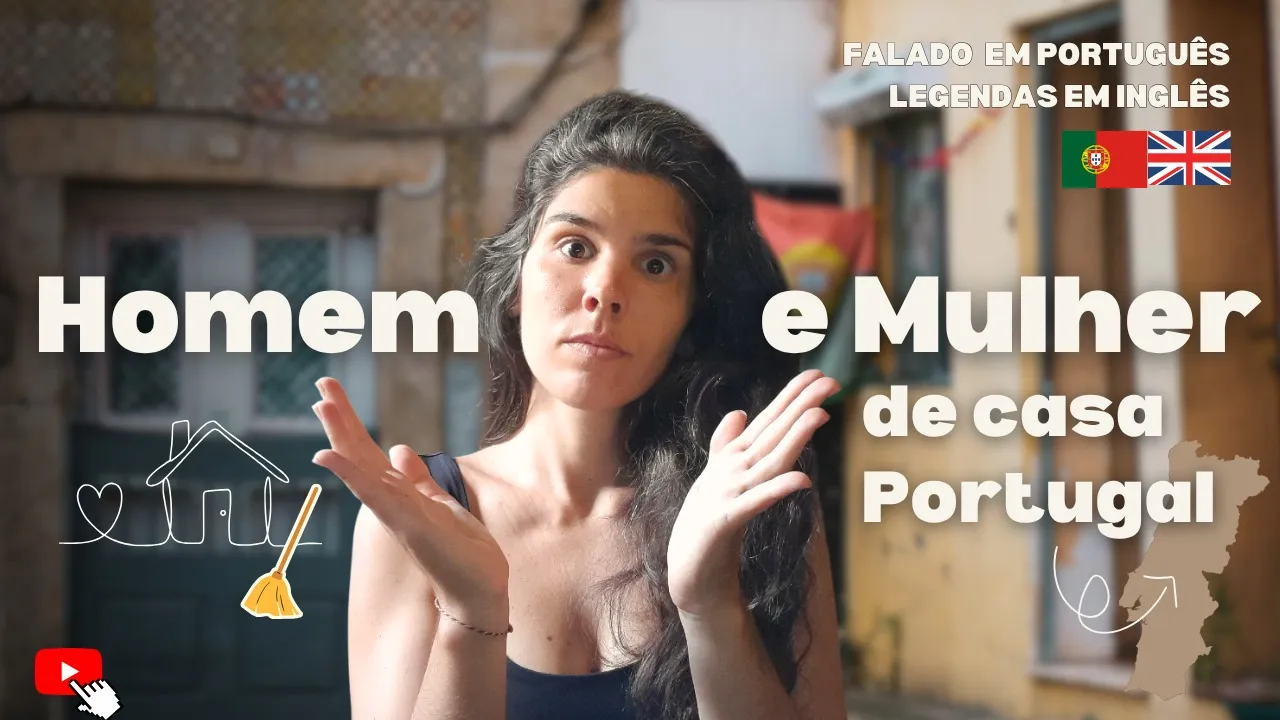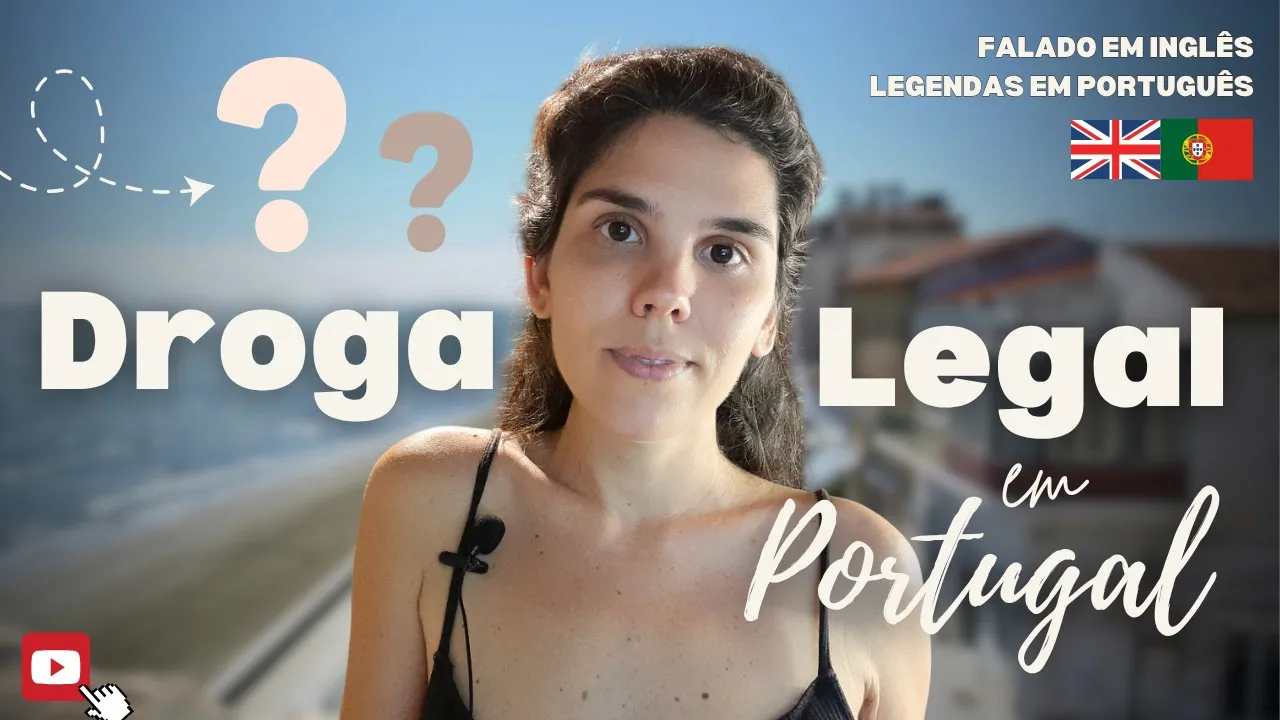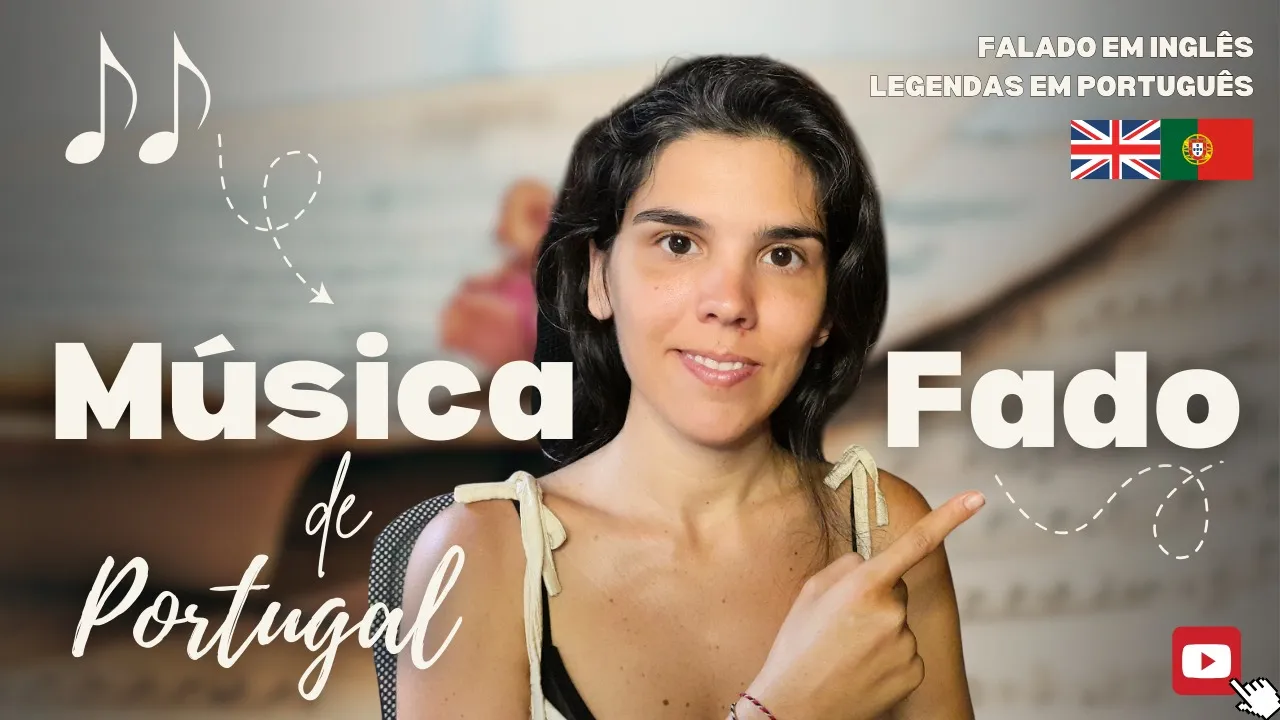
Amo-te não se diz em português? 🇵🇹 Why…
Olá! I'm a native Portuguese language teacher with over 6 years of experience teaching Portuguese as a foreign and second language (since 2019).
I was born and raised in Lagos, in the south of Portugal (Algarve). My academic journey took me to the University of Minho in Guimarães and later to Hamburg, where I completed my master’s degree in 2015.
I speak Portuguese, English, and Spanish, and have basic knowledge of German, Indonesian, and Chinese, which helps me relate to the challenges of language learning from a student’s perspective, too!
Since 2019, I’ve dedicated myself fully to supporting people relocating to Portugal, not just through language, but also by helping them understand the culture that shapes it.
I specialize in teaching adult learners (ages 17 and up), and all my classes and packages are offered online. My approach is personalized and practical, adapted to each student’s goals, pace, and lifestyle.
In 2021, I began sharing reflections on the Portuguese language and culture in a Facebook group. It wasn’t until 2023 that I found the courage to step in front of the camera, and that’s how Learn Portuguese with Sofia, my YouTube channel, was born. It’s become a powerful space for deeper connection with students around the world.
This journey is about more than grammar and vocabulary. It’s about honoring my roots and the inclusivity of my culture, so that you, too, can feel at home in Portugal.
I’m here to support you with patience, structure, and a meaningful human connection to the language.
Stay updated with our latest articles and insights.

If you’re learning Portuguese, you’ve probably encountered a phrase that feels deceptively simple: “Amo-te.” It’s the literal translation of “I love you” but in Portugal, you’ll rarely hear it.

In one of my recent lessons, a student asked: “Is there a masculine version of dona de casa in Portuguese?” The answer? **Yes… and no.** This question opens up a much bigger conversation about language, gender roles, and culture, especially in the context of Portuguese society. Let’s dive in.

When it comes to drug laws, two words are often confused: legalization and decriminalisation. Many people believe drugs are legal in Portugal, but in reality, Portugal decriminalized drug use, not legalised it.

Fado is more than just music. It’s the sound of the Portuguese soul. Rooted in emotion, poetry, and tradition, Fado captures the melancholy and beauty of life’s fleeting moments. Whether sung in a small corner tavern or on an international stage, this iconic genre continues to define Portugal’s cultural identity.
Whether you want structured lessons, soulful conversation, or flexible study—you’ll find the right offer here.